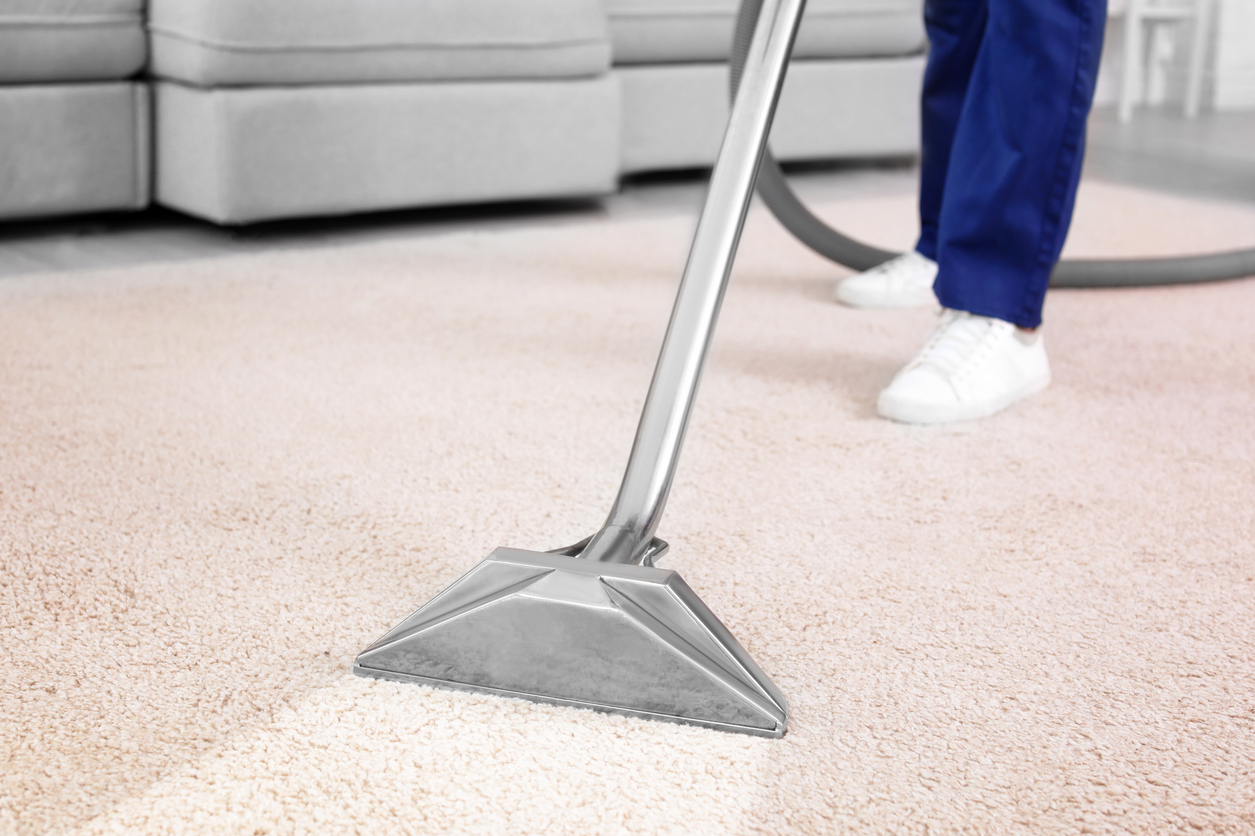Can a Landlord Charge for Cleaning? Understanding Your Rights in the UK
The question of whether a landlord can charge tenants for cleaning after a tenancy ends is a common point of confusion. In the UK, landlords are obligated to return the rental property in the same condition it was when the tenant moved in, minus fair wear and tear. However, there are strict rules regarding what landlords can and cannot charge for when it comes to cleaning costs. This guide will help you understand your rights as a tenant and how to avoid unfair deductions.
What Does the Law Say About Cleaning Fees in the UK?
Under the Tenant Fees Act 2019, landlords and letting agents are prohibited from charging tenants for cleaning services as a mandatory part of their tenancy agreement. However, landlords can still deduct cleaning costs from your deposit if the property is not left in a reasonably clean condition compared to its original state when you moved in.
Key Points to Note:
- No Mandatory Cleaning Clauses: A tenancy agreement cannot include a clause that forces tenants to pay for professional cleaning services at the end of the tenancy.
- Fair Wear and Tear: Tenants are not responsible for general wear and tear, such as carpets becoming slightly worn or surfaces fading over time.
- Reasonable Deductions: Landlords can only make deductions if the property is returned in a significantly worse condition than when it was let out.
When Can a Landlord Deduct Cleaning Fees from Your Deposit?
Landlords can only deduct cleaning fees from your deposit if they can prove that the property was left in a state that is not "reasonably clean" compared to when the tenancy began. To support their claims, landlords typically rely on the following:
- Inventory Reports: A comprehensive check-in inventory that includes photographs and notes about the property's condition at the start of the tenancy.
- Check-Out Reports: A detailed check-out report documenting the state of the property when you move out. Any discrepancies between the two reports can justify deductions.
- Proof of Cleaning Costs: If the landlord charges for cleaning, they must provide receipts or invoices to prove the costs were necessary and reasonable.
Examples of Acceptable Cleaning Charges
- Heavy Stains on Carpets: If the tenant leaves deep stains that weren’t present at the start of the tenancy, the landlord may charge for professional cleaning or carpet replacement.
- Unclean Bathrooms and Kitchens: If the tenant fails to clean appliances, tiles, or sanitary fittings to a reasonable standard, cleaning costs may be deducted.
- Excessive Dirt or Rubbish: If the tenant leaves the property excessively dirty or filled with rubbish, the landlord can charge for additional cleaning services.
Examples of Unacceptable Cleaning Charges
- General Wear and Tear: Landlords cannot charge for normal wear and tear, such as faded paint, minor scuffs on walls, or slightly worn carpets.
- Mandatory Professional Cleaning: Landlords cannot enforce a clause requiring professional cleaning if it was not necessary to return the property to its original condition.
How to Protect Your Deposit from Unfair Cleaning Charges
-
Document the Property's Condition
- When you move in, take detailed photographs and videos of the property, particularly areas that are prone to wear and tear, such as carpets, walls, and kitchen appliances.
-
Request a Check-In Inventory
- Ensure that a thorough inventory report is conducted at the start of your tenancy. This will serve as the baseline for comparing the property's condition at the end.
-
Clean Thoroughly Before Moving Out
- Before you vacate, clean the property to the best of your ability. Focus on areas like kitchen appliances, bathrooms, windows, and floors. Consider hiring a professional cleaner if needed, especially if the property was professionally cleaned before you moved in.
-
Attend the Check-Out Inspection
- If possible, be present during the check-out inspection to address any concerns the landlord may have about cleanliness.
-
Dispute Unfair Charges
- If your landlord deducts cleaning fees from your deposit that you believe are unfair, you can dispute it through the Tenancy Deposit Protection (TDP) scheme. All deposits in the UK must be held in a government-approved TDP scheme.
Frequently Asked Questions (FAQs)
1. Can a landlord require professional cleaning at the end of my tenancy?
No, under the Tenant Fees Act 2019, landlords cannot require tenants to pay for professional cleaning services unless it is necessary to return the property to its original condition.
2. What is considered fair wear and tear?
Fair wear and tear include normal, gradual deterioration of items or areas due to regular use, such as faded paint, worn carpets, or minor scuffs on walls.
3. Can I dispute a deduction for cleaning costs?
Yes, if you believe the deduction is unfair, you can challenge it through the Tenancy Deposit Protection scheme, which will review evidence from both parties.
How Fraser Bond Can Help Landlords and Tenants
At Fraser Bond, we offer comprehensive property management services to ensure smooth interactions between landlords and tenants:
- Professional Check-In and Check-Out Inventories: We provide detailed inventory reports to protect both landlords and tenants from disputes.
- Tenant Support: Our team assists tenants in understanding their rights regarding cleaning fees and deposit deductions.
- Property Management Services: We handle all aspects of tenancy management, including cleaning, repairs, and compliance with the latest regulations.
Conclusion
While landlords can charge for cleaning if the property is left in poor condition, they cannot include mandatory cleaning fees in the tenancy agreement or make unfair deductions from your deposit. Understanding your rights and responsibilities can help you avoid disputes and protect your deposit.
For more information on tenancy agreements, property management, or tenant rights, contact Fraser Bond today. Let us help you navigate the complexities of renting in the UK!



